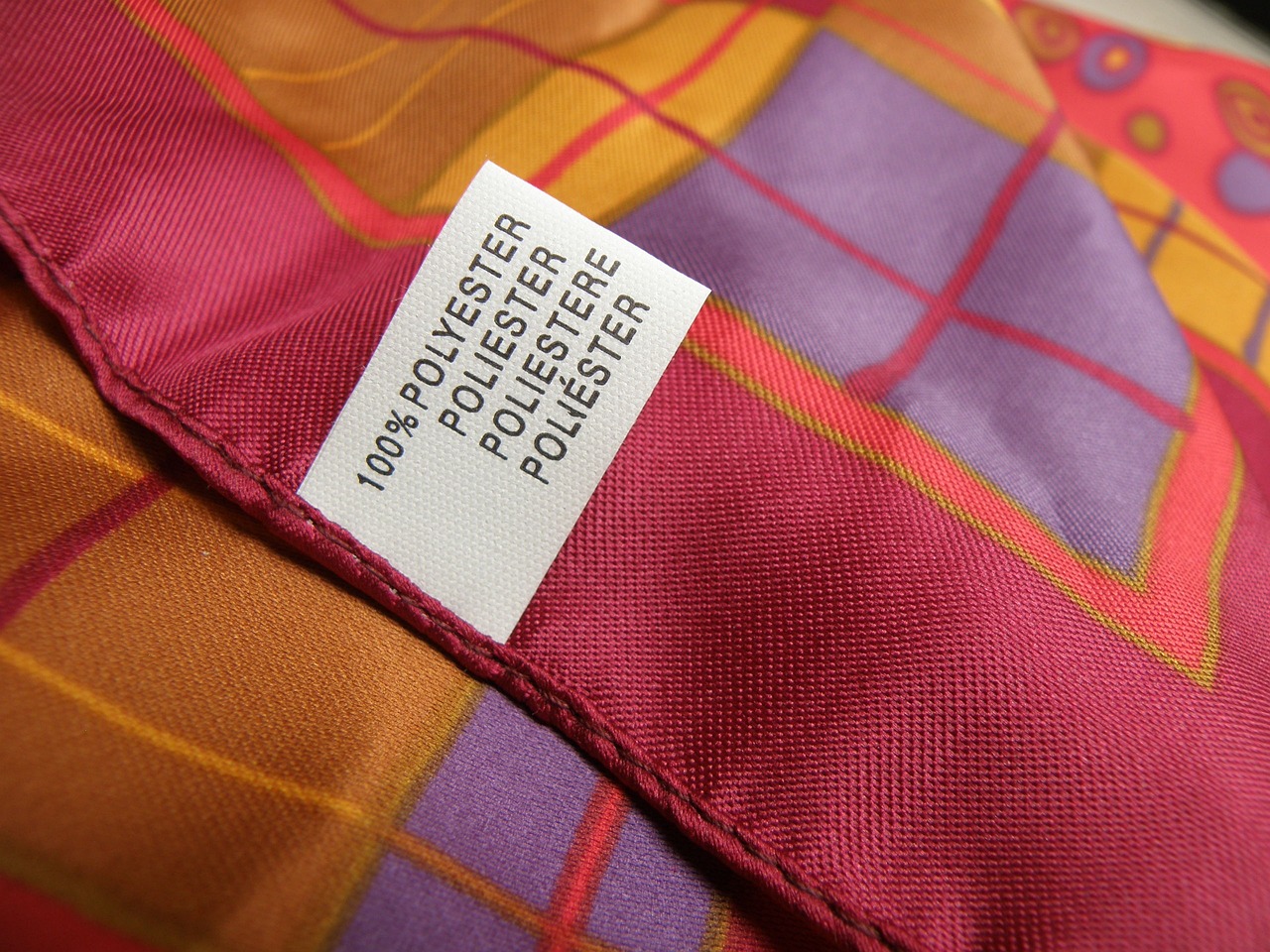Bioinspired Innovation for Sustainable Cooling
Researchers at Nanyang Technological University (NTU), Singapore have created a groundbreaking tile made from fungi that mimics the texture of elephant skin. This innovative design isn’t just for aesthetics—instead, it significantly improves the way buildings manage heat, reducing the need for energy-hungry air conditioning.
Made from Mycelium and Bamboo
These tiles are constructed using mycelium, the root-like structure of fungi, which is grown on bamboo microfibers to form a sturdy, biodegradable composite. Not only is mycelium eco-friendly, but it also offers excellent thermal insulation, making it a smart choice for sustainable architecture.
Elephant Skin as Inspiration
Elephants use their deeply wrinkled skin to retain moisture and enhance evaporative cooling—essential in hot climates. Inspired by this, NTU scientists replicated the natural wrinkles on the surface of their tiles. As a result, the tiles can cool buildings passively by improving heat dissipation and water retention.
Impressive Cooling Performance
The research team conducted lab tests comparing these textured tiles with smooth-surfaced ones. Interestingly, they found:
-
A 25% improvement in cooling in the ‘up’ orientation
-
A 2% reduction in heating
-
A 70% boost in cooling under simulated rainfall conditions
Clearly, this makes the tiles ideal for hot and humid urban environments, where reducing indoor temperatures can be a challenge.
Towards Greener Architecture
Overall, this project highlights how biomimicry—the design and production of materials modeled on nature—can lead to practical solutions for climate challenges. These tiles represent a sustainable step forward in passive building cooling strategies. Ultimately, they could help reduce energy consumption and environmental impact in cities worldwide.
Nidhi is a gold medalist Post Graduate in Atmospheric and Oceanic Sciences.







